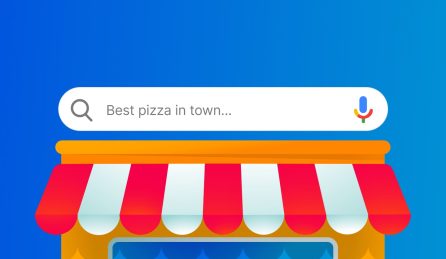Four, five years ago people started talking about an exciting new Hyper Text Markup Language called HTML5 that was to redefine how we use the web. The conversation is still happening as HTML5 is constantly changing the way text, images, multimedia, web apps and more are being delivered to the end user in order to handle the demands of the modern web.

However, while many of us have been too busy enjoying its great features the truth is few realised the shift to HTML5 and how it helped improve their experience online. But the question remains: is HTML5 just a hype or did it really redefine how we use the web today?
If you’re a regular users with no intentions of coding or managing your own site, all you can do is enjoy HTML5’s great features, which you’re probably already doing without realising it. Sites loading faster than ever? Sites that look and move perfectly no matter if you access them from your computer, your smartphone or your tablet? Videos that load quickly in HD without constantly being prompted to install and update plugins? Yes, that’s HTML5 for you.
Now, if you’re a web developer, HTML5 has already made site building and maintaining simpler and easier. Plus, if all goes well, by 2014 when the full standards specification for HTML5 is to be completed, you won’t have to worry about dealing with edge cases in web design as all browsers will need to adhere to the same standards.
When discussing the future of the web on the BBC, Sir Tim Berners-Lee, the inventor of the World Wide Web, said that HTML5 means that “every single web page out there… is like a computer”. Its power lies in the fact that you can use it to do whatever you want and make it look and feel however you want.
“When somebody designs a web page, up until now, historically, the web page was just a static document. It just had information on it. Nowadays, developers using websites can program them using HTML5,” he explained.
HTML5 is the future of the web and it will definitely revolutionise the way we browse on the Internet. In fact, it has done that already but it’ll be interesting to see what the next neat advancements will be made with the functionality of HTML5. Any ideas on what we’ll be seeing next?




